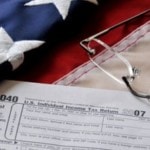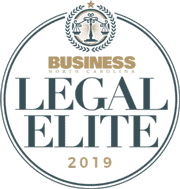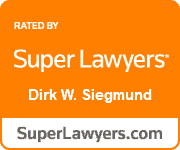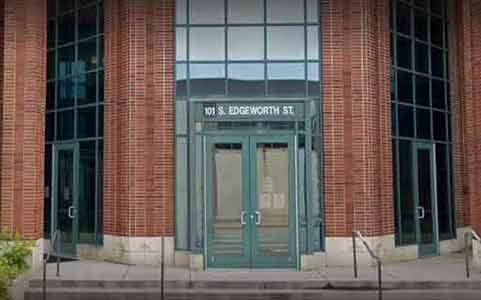Is Business Bankruptcy the End of Your Business?
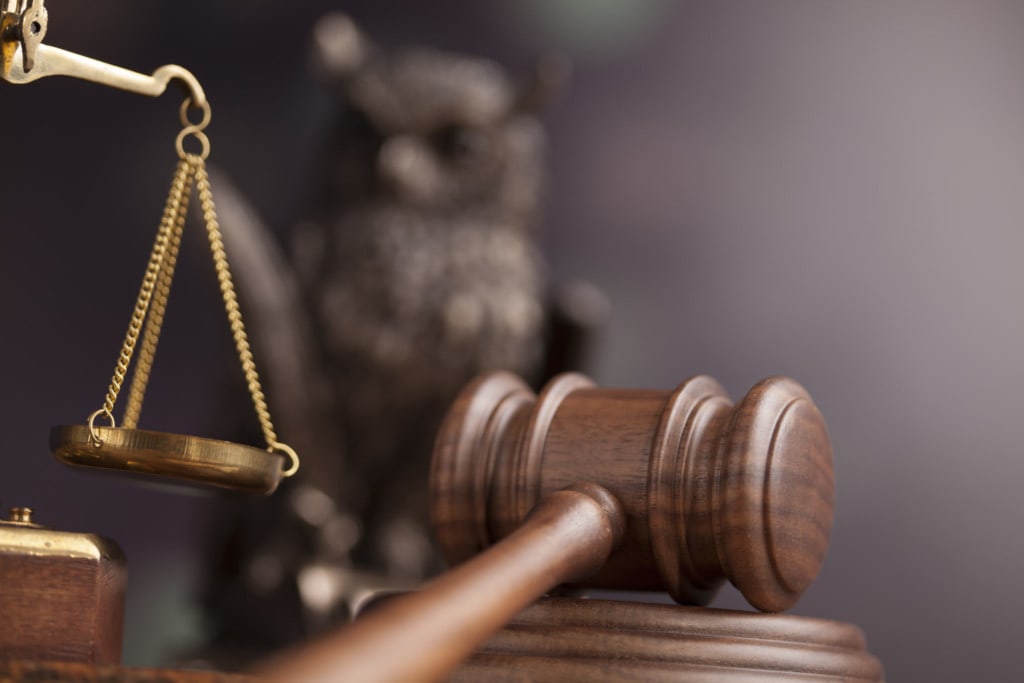
As a North Carolina business owner, has your company fallen on difficult times? Are you struggling to pay your employees while keeping the enterprise afloat? Worried about what the next month will bring? Bankruptcy may seem overwhelming and like a final blow to the coffin, but declaring business bankruptcy may allow you to continue your business operations and provide you with a fresh start to put the enterprise back on the positive track.
In the case of a business or commercial bankruptcy, the avenues of relief and debt settlement that are available include Chapters 7 and 11, although in some instances it may involve Chapters 13 or 12. On the other hand, consumer bankruptcy involves individuals or married couples who have incurred primarily non-business debt. Chapter 7 or 13 bankruptcy filings are available to help resolve these situations.
With the economy continuing to fluctuate, many business owners are worried about the future of their organizations. If you’re worried about your financial situation and long-term plans, then your solution may be to file for bankruptcy. Bankruptcy is worth looking into, even though bankruptcies in the United States decreased to 22,103 companies in the third quarter of 2018 from 22,245 companies in the second quarter of 2018, as noted by Trading Economics.
Speak with an experienced commercial bankruptcy attorney to evaluate your options and see if filing for bankruptcy is the best path to save your business, and continue moving forward.
Business Bankruptcy Often Falls Into One Of Two Categories
When you declare bankruptcy, your case will fall into one of two categories: liquidation which is utilized in business bankruptcy with Chapter 7 or reorganization through business bankruptcy Chapter 11.
Business bankruptcy Chapter 7 involves the sale and distribution of your company’s assets to pay off loans to creditors. This process is relatively quick and leaves nothing remaining of the business.
For business bankruptcy Chapter 11, your business reorganizes its assets and debts through a court-approved legal document known as a Plan of Reorganization. Once approved, it allows your enterprise to take necessary measures to put itself back into a money-making position. While this does not fully exempt your company from its debts, you are able to keep some assets, create new interest rates for loans, and be excused from bad contracts. Reorganization bankruptcy depends solely on your company’s situation. Here are some of the common types of bankruptcy filings:

Chapter 7 Business Bankruptcies
As explained above, a Chapter 7 bankruptcy often involves liquidation. When you no longer see a viable future for your business, this may be the best course of action. If the debts of your business and so large, that reorganization and restructuring would not be feasible, a liquidation bankruptcy will help you pay off creditors.
In these cases, a trustee is assigned by the bankruptcy court to evaluate your business and assets. They will take possession of the assets from the debtor, and distribute the funds acquired amongst the creditors. Once this is completed, the debtor will receive a discharge and the filer will be relieved of any further debt obligations. It is important to note, however, that a discharge is not eligible for corporations or partnerships.

Chapter 11 Business Reorganization
A Chapter 11 bankruptcy filing is often the right choice if the business owner sees a realistic chance to turn things around, resolve debt, and resume the business. Under this bankruptcy type, a trustee is appointed, which can even be the owner of the business, to help reorganize debts while simultaneously continuing in business.
The debtor must submit a detailed plan in the bankruptcy petition of how they plan to deal with their creditors. This typically involves a repayment plan that can extend up to or exceeding 20 years. After the plan is submitted, creditors are able to review it and take a vote. If it is found to be fair and equitable, the court will approve the plan. These types of bankruptcies are generally much more complex than a filed Chapter 7, and can take up to a year to approve and confirm a plan.
Chapter 12 Farmer’s Bankruptcy
This type of bankruptcy is specifically reserved for businesses that focus on farming or fishing. Because the seasonal nature of family farming or fishing makes both Chapter 11 and Chapter 13 an improper fit, Chapter 12 was created in order to alleviate these concerns and provide a profitable path forward.
Under this type of bankruptcy case, a payment plan is established for family farmers or fishermen to pay back their existing debts over the course of three to five years. Chapter 12 plans have to meet the “best interests of creditors” test, meaning that they have to be paid at least as much as they would have received under a Chapter 7 liquidation. Once met, an unsecured creditor can be paid just a fraction of what was originally owed, or maybe even nothing at all when it is discharged.
Chapter 13 Personal Bankruptcy
A Chapter 13 bankruptcy is often not used for businesses, as it is mostly applicable to consumers. However, in some cases, a personal bankruptcy might be the best course of action for a business if they meet the standard requirements. This is a reorganization bankruptcy that may also be applied to sole proprietorships.
Similar to Chapter 11, the debtor will create and submit a repayment plan detailing how they intend to pay off their debts. However, how this differs is that the amount you will be responsible for repaying will be determined based on how much you earn, how much you owe, and property or assets owned. When you own a sole proprietorship, your business assets are often intertwined with your personal assets, such as a home with an office. If you file under Chapter 13, you can avoid losing your home as that would be at risk in a Chapter 7 bankruptcy.
Get Professional Assistance From Greensboro, NC Attorneys Today!
If you’re interested in exploring a possible business bankruptcy, don’t wait, act now. For more information about the business bankruptcy law as well as the type of filing that would best benefit your business, call our Greensboro, NC business bankruptcy attorneys today.
Office Locations
Greensboro
305 Blandwood Ave
Greensboro, NC 27401
Phone: (336) 274-4658
Fax: 336-274-4540
Eden
551 Monroe Street
Eden, NC 27288
Phone: (336) 623-4600





